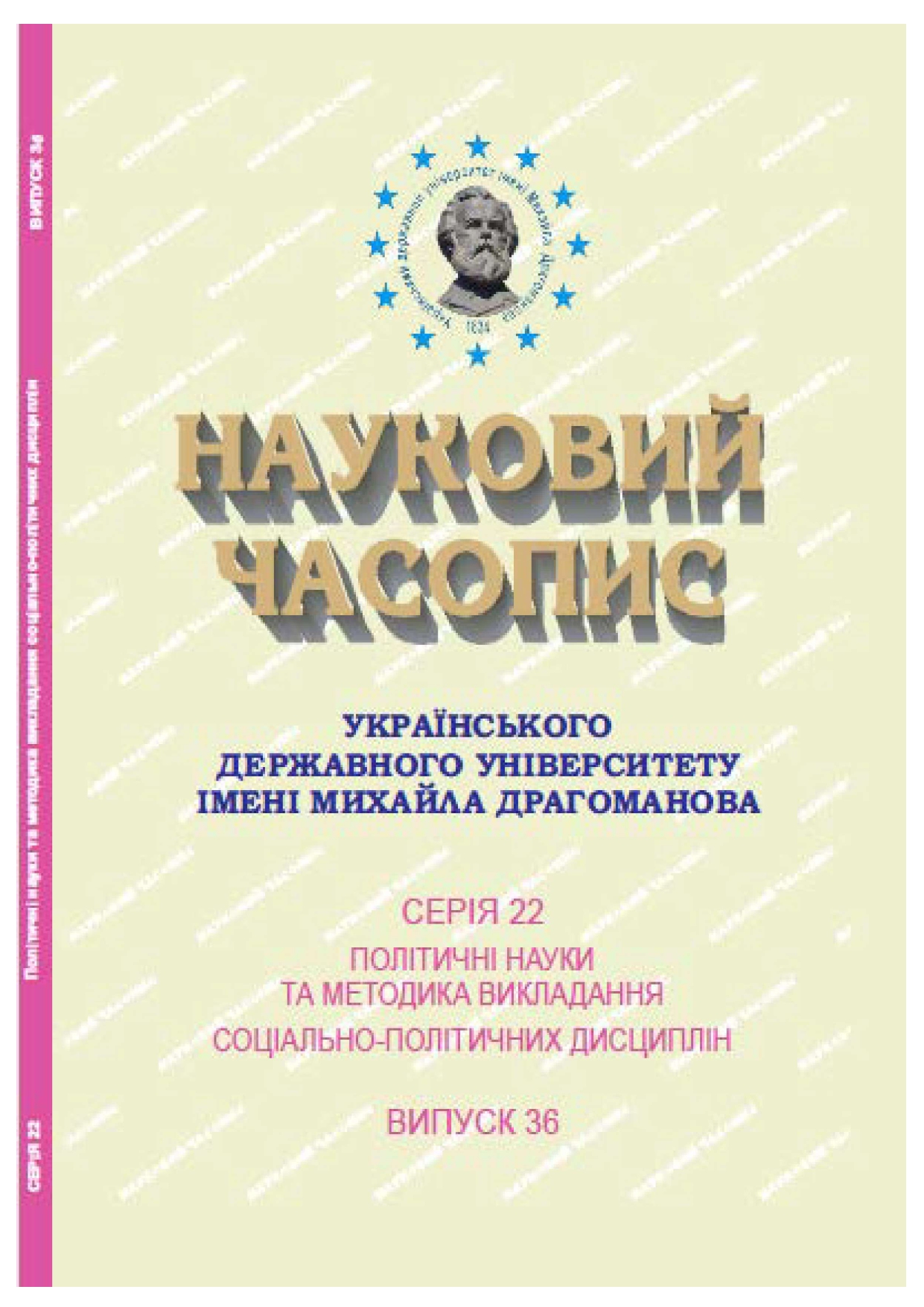Geopolitical Transformations in Eu-Russia Relations: Impact of Internal and External Factors
DOI:
https://doi.org/10.31392/UDU-nc.series22.2024.36.10Keywords:
European Union, Russian Federation, geopolitical relations, internal factors, external factors, sanctions, confrontation.Abstract
This article analyzes the geopolitical changes in the relations between the European Union (EU) and the Russian Federation (RF), which have significantly affected global security and stability. Since the collapse of the Soviet Union in 1991, EU-Russia relations have gone through various phases, ranging from aspirations for cooperation and strategic partnership to open confrontation, which escalated after the annexation of Crimea in 2014. The culmination of this conflict was Russia's full-scale invasion of Ukraine on February 24, 2022. The article examines internal and external factors that have driven these changes, focusing on the negative consequences of Russia’s policies for international security. Among the internal factors, such as the concentration of power, repression of the opposition, and control over the media under the leadership of Vladimir Putin, conditions created the development of an authoritarian regime in Russia. Economic dependence on energy exports and the severe sanctions imposed by the EU and the USA following the annexation of Crimea exacerbated these issues. Propaganda has also played a significant role in shaping public sentiment that supports Moscow's aggressive foreign policy. External factors include the eastward expansion of the EU and NATO, which Russia perceived as a security threat. Conflicts in the post-Soviet space, particularly in Georgia and Ukraine became vivid manifestations of Russia’s aggressive policy. The war in eastern Ukraine and support for separatist movements significantly worsened relations between the EU and Russia, leading to Russia’s further international isolation. The article also explores the impact of geopolitical changes on international security, including military tensions, energy security, and cybersecurity. Increased military activity, the development of alternative energy sources, and the fight against cyber threats have become key responses by the EU to these challenges. The conclusions emphasize the need for substantial changes in Russia’s foreign policy to restore dialogue and partnership with the EU. It also stresses the importance of the EU continuing to develop strategies to strengthen its security and reduce dependence on Russia, which will contribute to stability and security both in Europe and globally.

